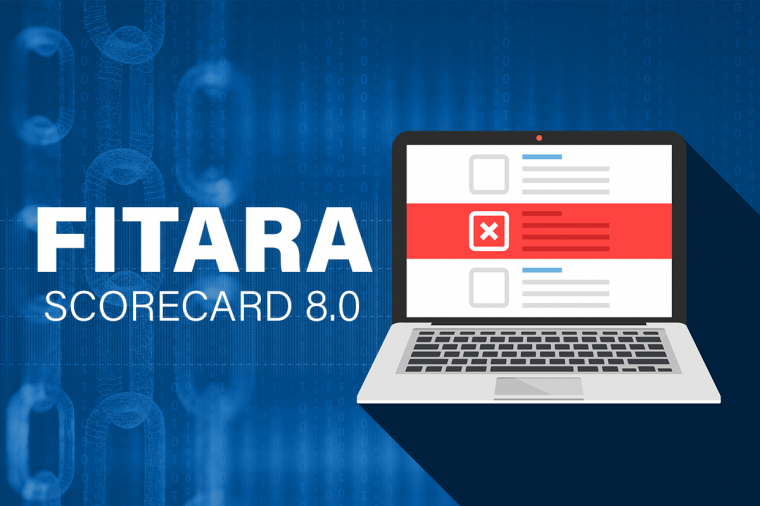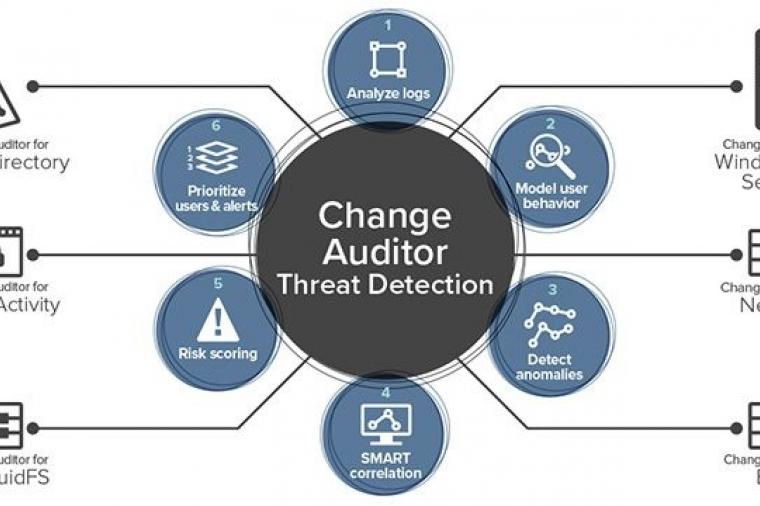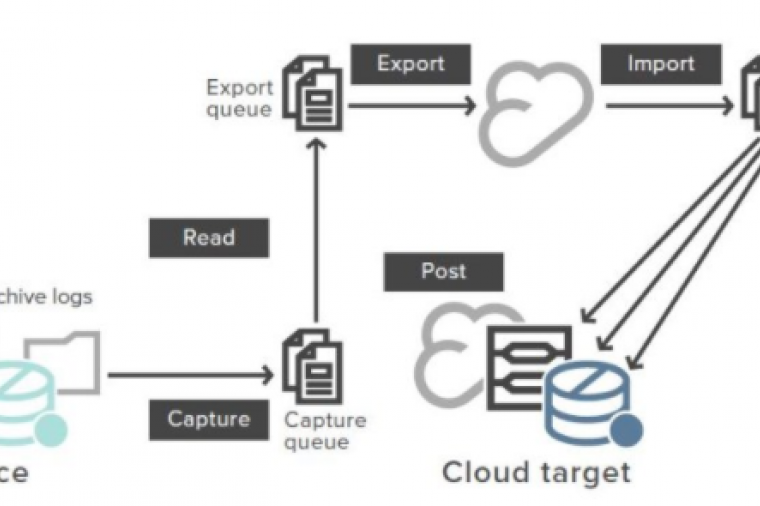Technically News scans thousands of industry articles to present you with a weekly source of IT news, information, and ideas that impact the public sector.
Can Open Standards Help During the Next Major Disaster
Although advanced mapping tools are becoming more useful during major disasters, too often the technologies don’t speak to one another decreasing their potential. The National Geospatial-Intelligence Agency hopes to change that. They’re providing unclassified data centered around another (hypothetical) earthquake in Haiti. Using open standards, they want to see how industrial people use that data to solve major obstacles that occur during such a time. Read more about it here.
The Search Engine That Finds Everything
How do you find things even Google’s search engine doesn’t find? You use what CNN Monday called “the scariest search engine on the Internet” - Shodan. Shodan specializes in truly searching for everything. Whereas Google looks for information, Shodan shines by finding unsecured connections to actual systems including traffic lights, security cameras, and control systems for a nuclear power plant in one case. GCN reports on the security weaknesses Shodan magnifies.
DISA Moving Exabytes to the Cloud
The amount of data the Defense Information Systems Agency (DISA) plans to add to the cloud is “exabytes”. Let’s compare: there are 1,000,000,000 gigabytes in a single exabyte unit. The majority of that storage will go to image files from satellites and drones. In order to house data of that size, DISA is going to develop a large data object (LDOS) cloud. GCN writes about it in a recent article - DISA Plans for Exabytes of Drone, Satellite Data.
Cybersecurity Budgets Increase Across Departments
Cybersecurity isn’t just a concern for the Department of Homeland Security and Department of Defense; it’s a focus for all departments. The fiscal 2014 budget increases the cybersecurity budgets of other departments including Justice, Energy, and Commerce. An estimated $830 million of President Obama’s budget will also go toward funding cybersecurity research. FCW has a detailed article focusing on security and the budget.
The clouds are gathering for a storm, just not the weather kind. Now that cloud computing has become a mainstay in businesses and agencies, legislators have begun examining ways to tax it. Wired has an interesting article about what taxing the cloud actually means. Politics aside, the article asks: Where do you tax the cloud? Will taxing the cloud at a state level drive companies away? And how will it work internationally?
In a recent memo, the Department of the Navy Chief Information Officer laid down the groundwork for a new cloud computing policy. The “Department of the Navy Approach to Cloud Computing” memo states increased efficiencies and cost savings has made the Navy examine commercial cloud solutions that meet security and mission requirements. The Department of Navy is expected to meet a $2 billion budget cut over the next five years and hopes the cloud will help.

































